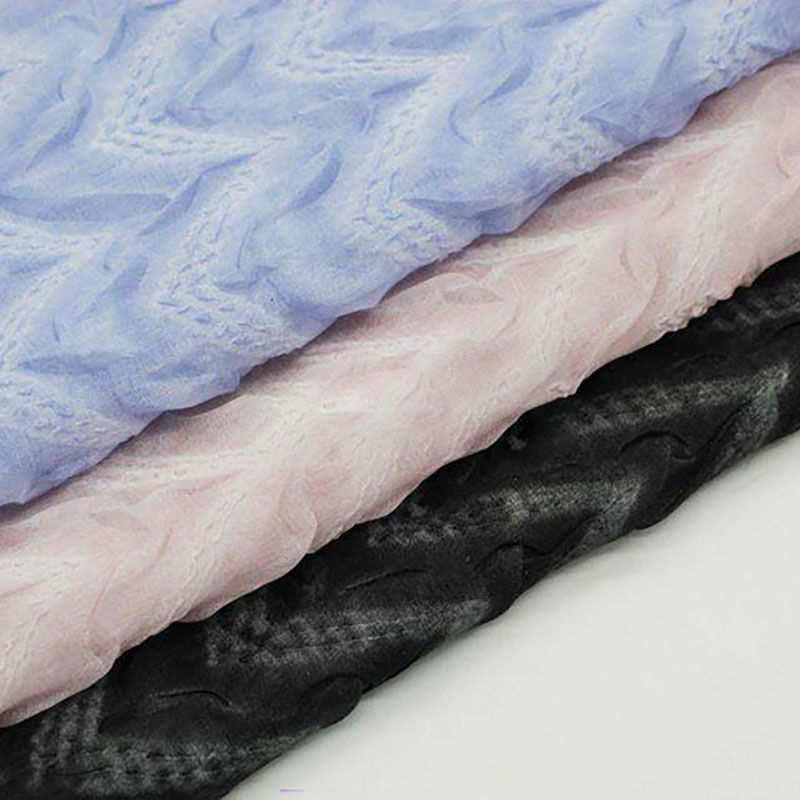.jpg?x-oss-process=image/resize,h_400,m_lfit/format,webp)
In the context of global climate change, environmentally friendly fabrics have increasingly become an integral part of the fashion industry. As consumers' demand for sustainable products increases, brands begin to pay attention to the use of environmentally friendly materials, driving the market's transition to green production. By using renewable resources and waste-reducing production processes, eco-friendly fabrics not only reduce environmental impact, but also satisfy the values of modern consumers.
.jpg)
Green production is the core of the development of environmentally friendly fabrics. In addition, by applying advanced technologies, companies can improve resource utilization efficiency and reduce their carbon footprint, thus promoting sustainable development. For example, the use of waterless dyeing technology can significantly reduce water consumption and pollution. At the same time, many brands are working to develop bio-based products that replace traditional materials. They not only work hard on material selection, but also inject environmental awareness into every aspect of the production process.

As an emerging fashion concept, ecological fashion is different from traditional fast fashion. It pursues environmentally friendly material selection and production processes. More and more designers are paying attention to environmentally friendly fabrics and trying to incorporate them into their designs. Rising consumer demands for transparent supply chains and ethical fashion require brands to make their environmental efforts and commitments clear in their marketing processes.
.jpg)
Facing environmental challenges, the fashion industry must constantly adapt to changes in consumer expectations and markets. The application of environmentally friendly fabrics not only improves the brand image, but is also an inevitable choice for the sustainable development of the industry. With the advancement of technology and the enhancement of consumer awareness, the fashion industry in the future will continue to develop in a more environmentally friendly and sustainable direction. At the same time, companies need to maintain keen market insights, seize market opportunities brought by environmental protection trends, and promote the long-term development of brands.
.jpg)
.jpg)
To sum up, environmentally friendly fabrics are not only the future trend of the fashion industry, but also an important force in promoting sustainable development. Through green production and ecological fashion concepts, the company can effectively enhance brand competitiveness, meet modern consumers' expectations for environmental protection, and lay a solid foundation for future development.
